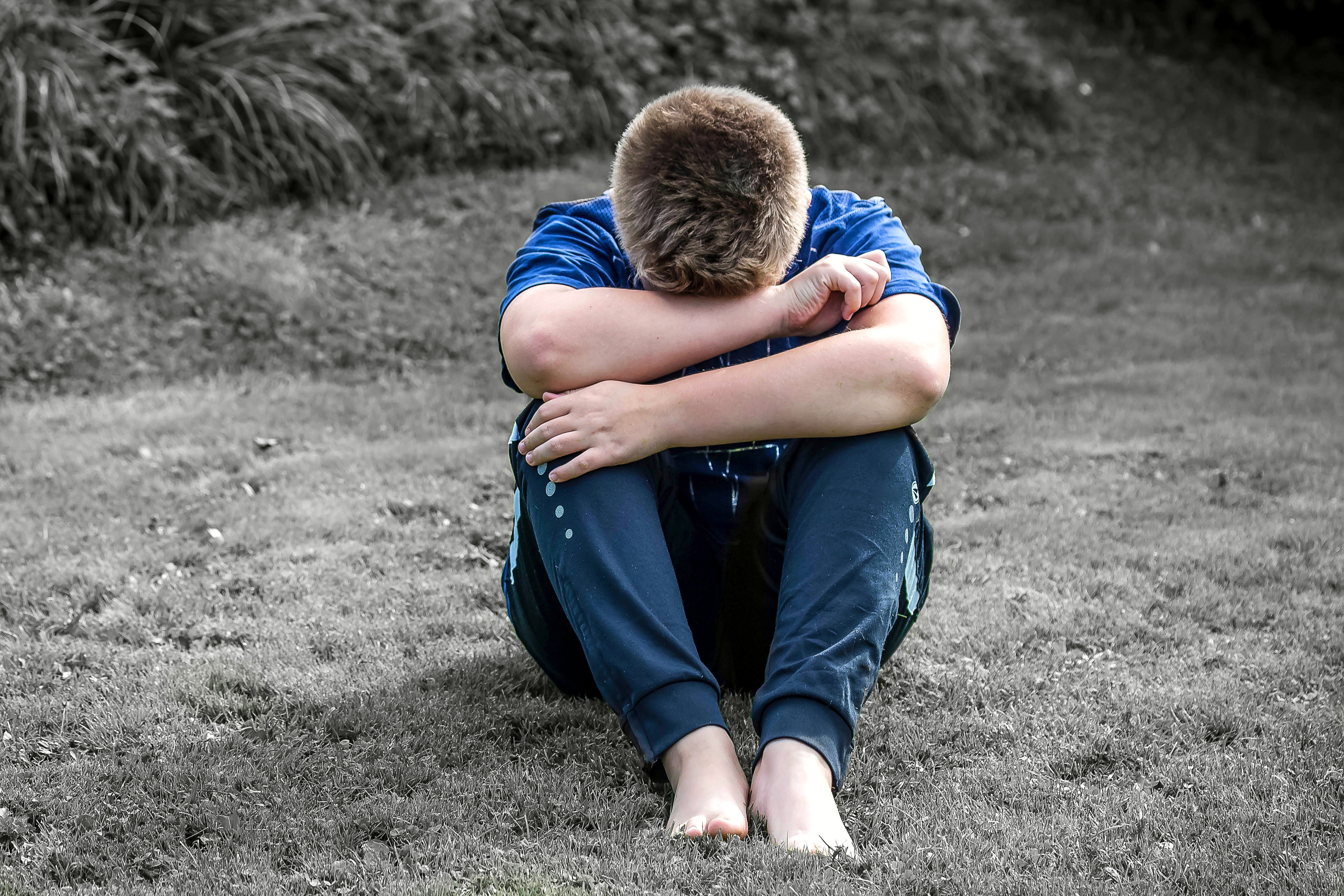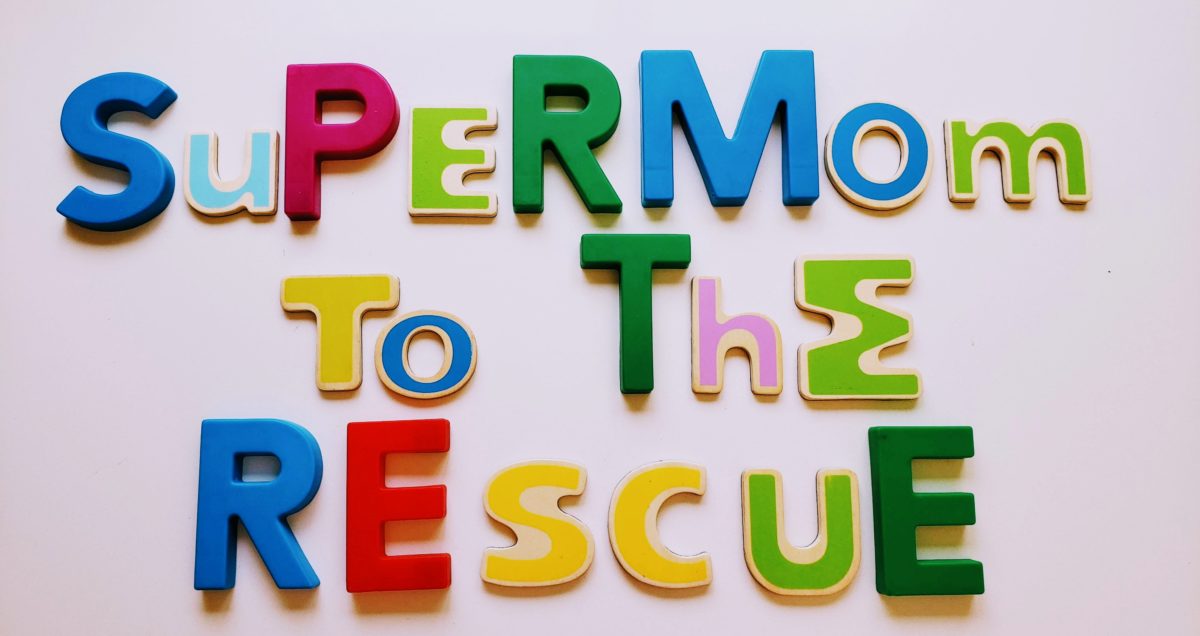
Helping Children Handle Disappointment
“Mom, M is bothering us, he hurt us and is throwing things at us, help,” yelled my daughter from upstairs. It seems her 9 year old brother was up to his shenanigans again.
Here’s the backstory: We had a bunch of friends and their kids over for lunch on a Saturday, a few weeks ago. My son was playing very nicely the whole time with another girl about a year younger and mostly considered to be a friend to his younger sister. But in this case they were hitting it off the whole time. At some point she decided to “switch sides” and play with the girls. I think this may have left him feeling betrayed and he started bothering the girls to the point that he was throwing things at them. It all led to a violet outbreak. He threw some toys at them, nothing too severe, but the girls were crying. Then, he ran to his room and slammed the door (after I broke it up).
I didn’t blame him for feeling upset that she “deserted” him but I knew there had to be a better way to handle this. I quickly understood that this scenario is a perfect learning experience for him on how to handle disappointment.
I took him to his room for a talk. I waited a while until he felt calmer and took a few deep breaths. Then I set out to help him uncover what he was feeling. You see, when we look deeper into why we behave some way invariably we will discover there are more feelings than just anger present. And when we uncover other feelings, acknowledge them and sit with them and eventually bring ourselves to perhaps have a good cry, things can be released.
My son has chronic anger issues when he doesn’t get his way. It’s so fascinating to me to see how all my children handle disappointment and I have to say that he struggles the most, it doesn’t fly off his back as soon as the others. It’s like he came to this world preloaded with a quick temper.
In order to help him, the first thing for me to understand is to know that HE IS PERFECT JUST THE WAY HE IS. This is who he is, this is his temperament, and I love him all the same. The next step is to understand that disappointment is exactly what he needs to be a strong adult. These experiences make him come out on the other side to be more resilient. So, it would never be productive to talk him out of his feelings and try to take away the disappointment. Staying strong while empathetic is key.
Keeping those thoughts in mind, I set out to uncover why this happens so often with him and what I can do to help us both!
I’ve learned that the best way to lessen the frequency is to teach him tools to handle the small disappointments, like for instance, not getting the last cookie, before the big situations threaten to overload him. If I can help him consistently on the small stuff, he will be armed for the big stuff. So every time his disappointment escalates to the point of anger, we discuss (a little later, never in the heat of the moment). Saying things like “It seems like you felt the need to throw things because you wanted the girls to feel as bad as you were feeling, is that true?” or “ I think maybe there was some feeling of sadness there that came out as anger instead when you discovered that your friend wanted to play with the girls instead, does that seem right” or “I wonder if you are worried that she may like your sister more?” Playing out these scenarios pulls a thread to discover what’s underneath.
The key to handling disappointment, after all, is to help him to stay connected to his experience and the truth of it. Worry, hurt, sadness if he can articulate his true feelings and get to the root of it by working with him on a consistent basis, he can be more aware. He can ask “what’s really going on here” and that will make all the difference.
Supermom to the rescue!








-
Tagged different parenting approaches, highly sensitive parent, highly sensitive person, self-care